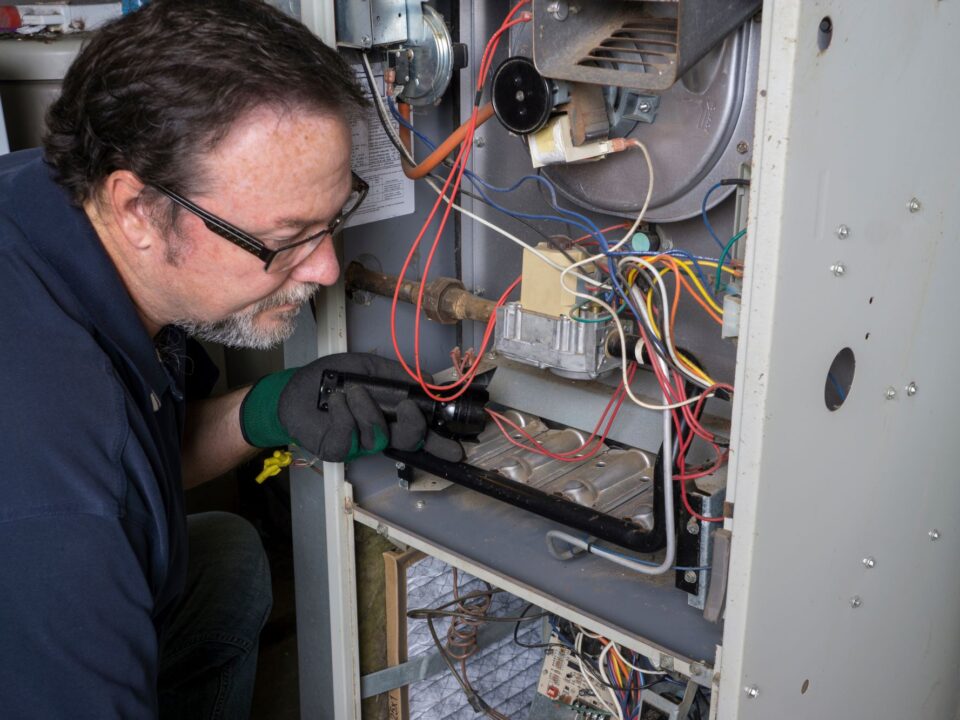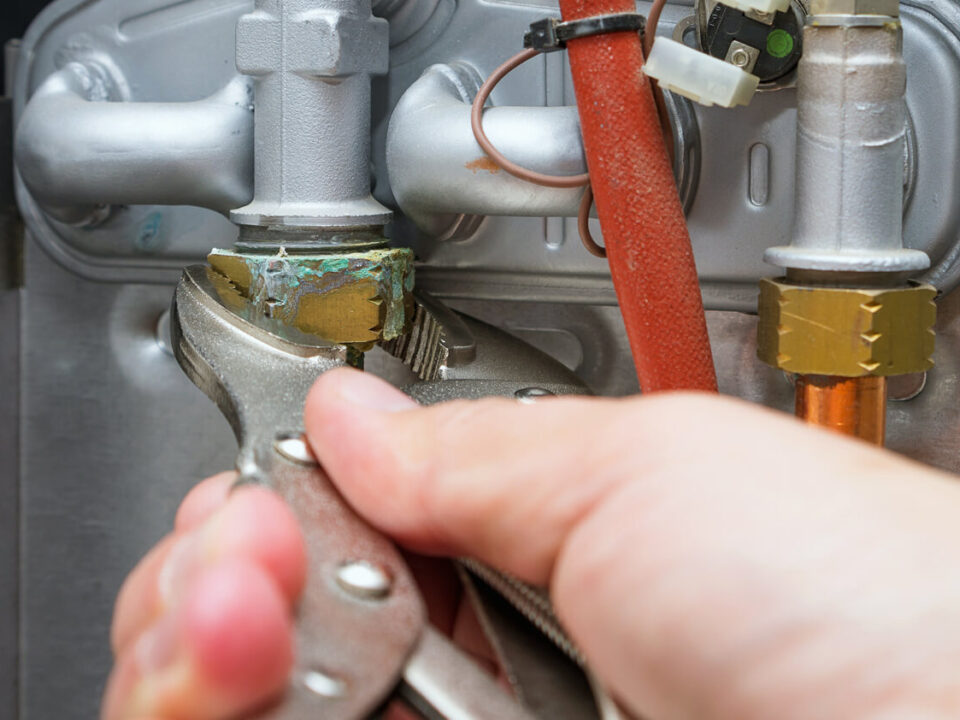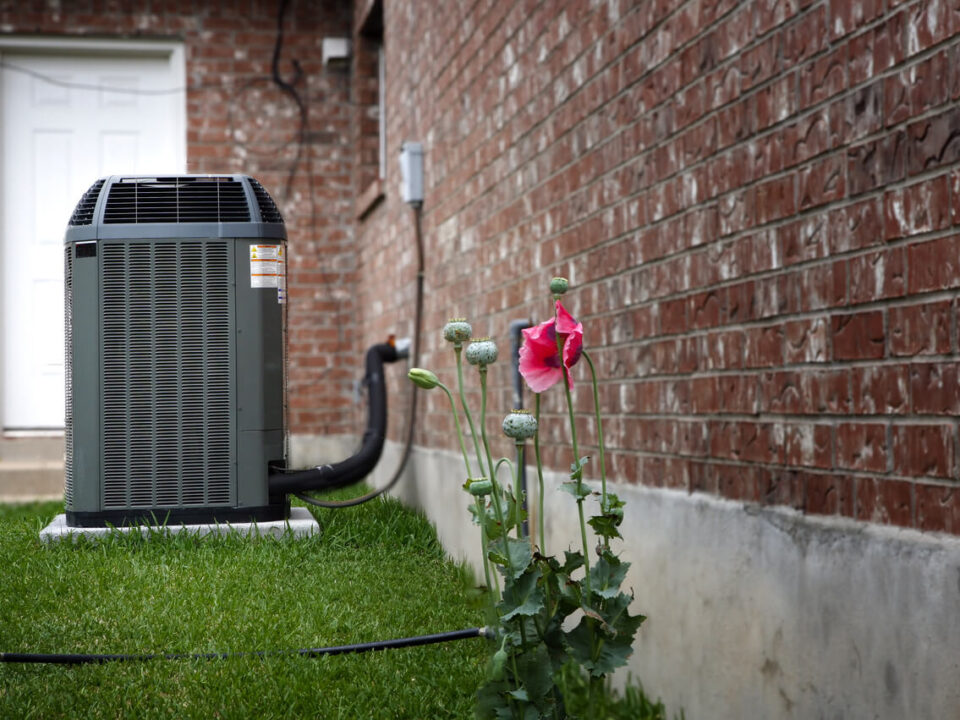
Choosing the Right Commercial HVAC System for Your Building
December 6, 2023
6 Reasons to Invest in Regular HVAC Maintenance in North Carolina
January 10, 2024Energy-smart HVAC tips for Raleigh businesses
Effective heating, ventilation, and air conditioning (HVAC) systems are crucial for maintaining a comfortable indoor environment. However, with rising energy costs and increasing awareness of environmental sustainability, commercial entities are seeking innovative energy management strategies to optimize their HVAC systems. As a trusted HVAC contractor in the Raleigh area, we understand the importance of balancing comfort and energy efficiency. In this blog post, we’ll explore some energy management strategies tailored for commercial heating and cooling systems.
Smart Thermostats and Building Automation Systems
Using smart thermostats and building automation systems is a powerful way to improve energy efficiency. These technologies allow businesses to program and control HVAC settings based on occupancy schedules, weather conditions, and other variables. Smart thermostats can adapt in real-time, optimizing temperature settings for comfort when spaces are occupied and conserving energy when they are not.
Building automation systems (BAS), on the other hand, provide centralized control over various building systems, including HVAC. By integrating sensors and advanced algorithms, a BAS can adjust heating and cooling operations, ensuring optimal efficiency throughout the facility. As a Raleigh HVAC contractor, we recommend investing in these smart technologies to achieve significant energy savings.
Regular Maintenance and System Upgrades
Proactive maintenance is the key to keeping HVAC systems running efficiently. Regular inspections, cleaning, and tune-ups can find and fix problems early, saving energy and money on repairs. Additionally, consider upgrading outdated HVAC equipment with energy-efficient models. New systems have advanced features like adjustable motors, efficient compressors, and improved insulation, which help save energy.
Zone Heating and Cooling
Many commercial spaces are not uniformly occupied throughout the day. Implementing zone heating and cooling allows businesses to divide their spaces into independently controlled zones, each with its thermostat. This approach enables more precise temperature control by directing conditioned air only where and when it’s needed. By avoiding unnecessary heating or cooling of unoccupied areas, businesses can achieve substantial energy savings without compromising comfort.
Energy-Efficient HVAC Design and Installation
When constructing or renovating commercial buildings, it’s essential to prioritize energy efficiency in HVAC system design. This involves proper sizing of equipment, strategic placement of vents and ducts, and insulation considerations. A well-designed system will ensure optimal performance, reduce energy waste, and contribute to long-term savings.
Conclusion
We understand the unique challenges and opportunities that businesses face in managing their heating and cooling systems. By adopting these energy management strategies, commercial entities can not only enhance their environmental stewardship but also realize significant cost savings over time.
If you want to use these strategies for your business, reach out to our team for expert guidance and support. Together, we can create a more comfortable and sustainable future for North Carolina’s commercial spaces.



